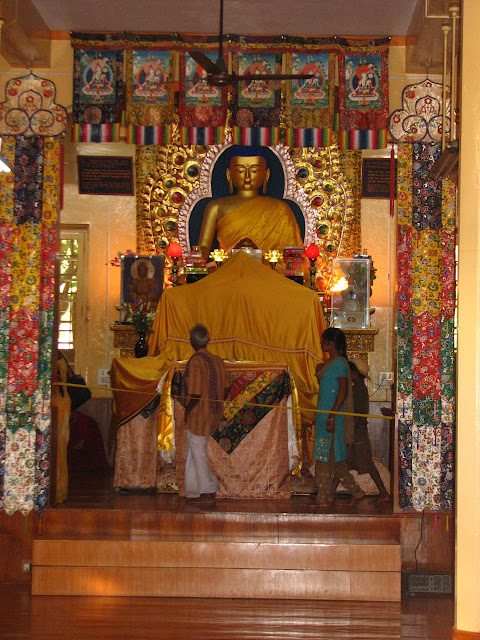Hi all,
Just a quick plug for your's truly. I am in job seeking mode. If you know of any jobs available for Urban Planners and Food Systems professionals (ahem, that's me!), I would be grateful to hear from you. Below is a short blurb about my experience and here's my LinkedIn profile: http://www.linkedin.com/profile/edit?trk=hb_tab_pro_top
thank you!
Heidi
Heidi Exline holds a Masters in Urban Planning with a concentration in Sustainable Community Food Systems. Currently she is a Fulbright scholar in India, where she has designed and implemented a research project on the impact of rising food prices on rural and urban households. Previously she was a Policy Associate at the New York City Council where she worked on FoodWorks, New York City's first comprehensive plan for the City's food system. Prior to that, she was Project Manager at City Harvest for four years where she managed a project that connected surplus local farm product with a network of over 500 emergency food programs. In addition, through funding received from the U.S. Department of Agriculture, she helped create an industrial purchasing pilot project where daycare facilities could purchase local produce direct from farmers.
She is looking for a position where she can use her knowledge of urban planning and food systems as well as her community building and project management skills to create livable communities and sustainable built environments.
She is looking for a position where she can use her knowledge of urban planning and food systems as well as her community building and project management skills to create livable communities and sustainable built environments.






























